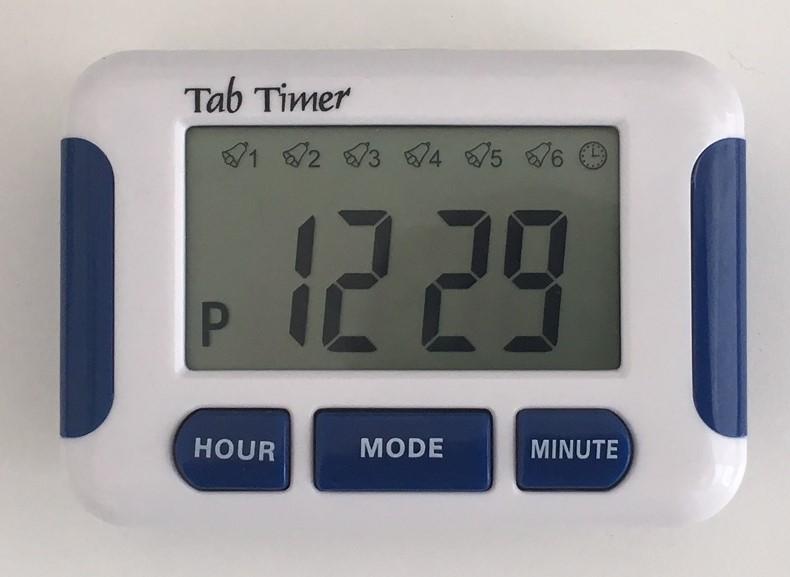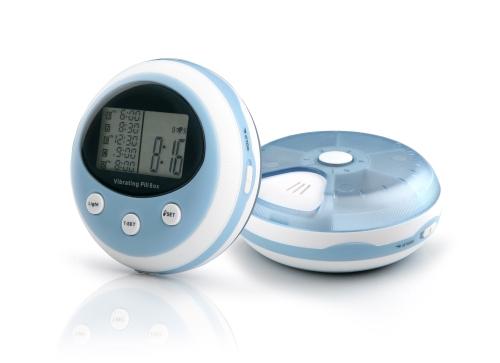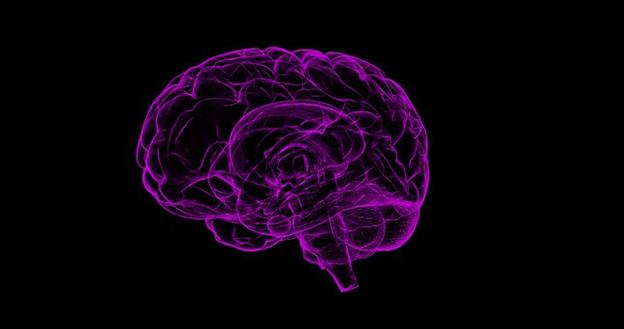
Drugs for Behavioral and Psychological Symptoms of Dementia
A diagnosis of dementia has a broad impact on a diagnosed person. The toughest is often the behavioral changes involved. There are solutions to help better manage these changes. This article provides details on the types of medication that can help.
In the evolution of Alzheimer’s disease and other dementias, one of the most disturbing manifestations may be changes in behavior (aggression or wandering) and psychological changes (hallucinations). Health professionals refer to these changes as Behavioral and Psychological Symptoms of Dementia (BPSD).
You will find answers to the most frequently asked questions about drugs used to treat BPSD below.
1. What drugs are used to treat BPSD?
Most of the time, hallucinations, paranoia, and aggression are the most bothersome symptoms: in these cases, a class of drugs called antipsychotics can be used. The most commonly used are risperidone (trade name: Risperdal), quetiapine (Seroquel), olanzapine (Zyprexa), and aripiprazole (Abilify).
2. When are antipsychotics prescribed?
The first line of treatment of BPSD does not involve a drug. If the BPSDs are tolerable for both the elderly and those close to them, the prescription of antipsychotics is avoided. Sometimes small adjustments or non-pharmacological tips can control BPSDs. However, if the symptoms are very invasive or dangerous for the elderly person or those close to him or her, antipsychotics are prescribed.
3. How effective are they?
Antipsychotics are effective to reduce some, but not all, BPSDs including the following:
- Verbal and physical aggression
- Delusions (ex. paranoia)
- Hallucinations
As with other drugs for Alzheimer’s disease, antipsychotics are not miracle drugs. It is sometimes necessary to try several doses or different drugs before finding the right recipe.
4. What are the main side effects of antipsychotics?
Antipsychotics are serious drugs and have important side effects. They can cause drowsiness and dizziness. In the long run, slow gait, stiff muscles, and tremors can be a consequence of antipsychotic usage and should be monitored. Research has also shown that antipsychotics can increase the risk of cardiovascular disease and even mortality.
Because of these side effects, these drugs should never be prescribed without an individualized assessment of risks and benefits. If the decision is to use this treatment, it is recommended to reassess their need regularly.












